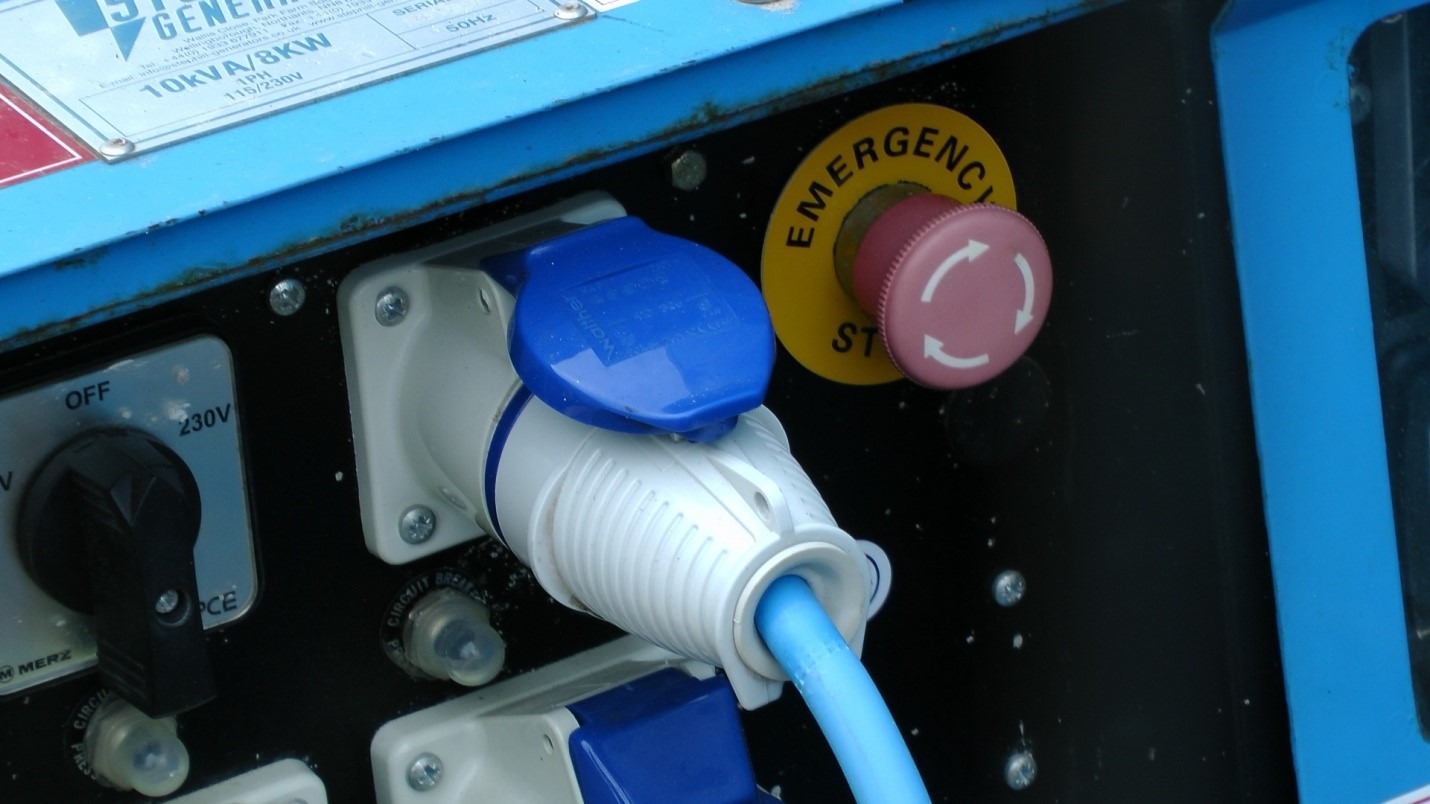Generators can be a life-saver in the event of power cuts and some areas are more prone to power outages than others and for many reasons.
There are three common types of generator: portable, standby, and inverter. Each of these has its own pros and cons.
Which power-outage scenario is closest to your own?
Frequent power outages
This is likely to be the scenario for those who live in areas that are prone to severe weather such as hurricanes, flooding, storms, and blizzards. Outages can be prolonged as well as frequent. In this situation, the three generators to consider are home standby, large inverter, and portable.
These generators can all provide enough power to keep your entire house powered. They can also all be connected directly to your panel circuit breaker, giving you control and the ability to run appliances that are wired in, including central heating, air conditioning, electric ranges, and water heaters. If any of these appliances are essential, you should install a transfer switch at your breaker box.
Generators can cost anything from a few hundred pounds to in excess of £10,000. Of course, you could also opt for generator rental if you do not wish to make a significant purchase.
Generator rental is a cost-effective way of getting the backup you need. For more info on generator rental options, why not take a look at the website of an expert today.
Occasional outages
If you get infrequent and usually short outages, then you should consider either a large inverter or portable generator. These will cost less than stationary units and all you will need to do is wheel it from your garage and hook it up. A transfer switch would still also be needed if any of your appliances are critical.
Rare outages
If you very rarely lose power but would like the security of having a back-up just in case, you will probably be best served by a midsized inverter or recreational inverter. Midsized inverters generate enough power to run a fridge and a heater/AC unit without costing the earth. Recreational models are portable and compact and can power a TV or cooker.
Overall advice
The best overall advice when deciding on a generator is to opt for the smallest generator that meets specific power needs. This minimises fuel requirements, cost, and complications.







